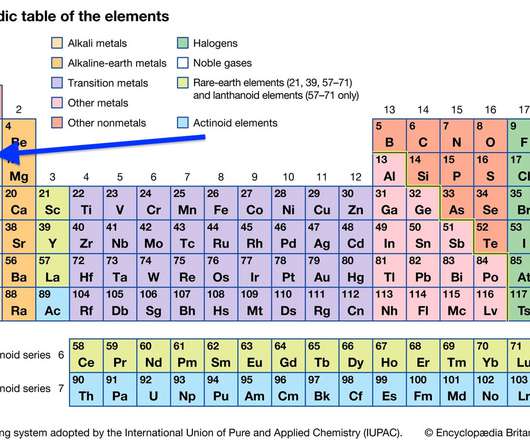Stanford team develops sodium-ion battery with performance equivalent to Li-ion, but at much lower cost
Green Car Congress
OCTOBER 10, 2017
Stanford researchers have developed a sodium-ion battery (SIB) that can store the same amount of energy as a state-of-the-art lithium ion, at substantially lower cost. Thus, further research is required to find better sodium host materials. The sodium salt makes up the cathode; the anode is made up of phosphorous.


















Let's personalize your content